The Enduring Significance of Christmas: A Journey Through Meaning and Tradition
Related Articles: The Enduring Significance of Christmas: A Journey Through Meaning and Tradition
Introduction
With great pleasure, we will explore the intriguing topic related to The Enduring Significance of Christmas: A Journey Through Meaning and Tradition. Let’s weave interesting information and offer fresh perspectives to the readers.
Table of Content
The Enduring Significance of Christmas: A Journey Through Meaning and Tradition

Christmas, a holiday observed by billions worldwide, transcends its status as a mere celebration of the birth of Jesus Christ. It represents a tapestry of cultural, religious, and secular traditions that have evolved over centuries, weaving together themes of joy, generosity, family, and hope. Understanding the multifaceted meaning of Christmas requires exploring its historical roots, its evolution across diverse cultures, and its enduring impact on modern society.
Historical Roots and Religious Significance:
The origins of Christmas lie in the Christian celebration of the birth of Jesus Christ, a pivotal figure in the Christian faith. The date of December 25th was likely chosen to coincide with the Roman festival of Saturnalia, a time of revelry and gift-giving. Early Christians sought to recontextualize these pagan traditions, imbuing them with Christian meaning.
The story of the Nativity, as recounted in the Gospels, depicts the humble birth of Jesus in a stable in Bethlehem. This narrative holds immense theological significance, signifying the incarnation of God in human form. The birth of Jesus is seen as the fulfillment of ancient prophecies and the beginning of God’s plan for the redemption of humanity.
Cultural and Secular Traditions:
Over time, Christmas traditions have evolved beyond their purely religious context. The celebration has become a cultural phenomenon, embraced by individuals of diverse faiths and backgrounds. The exchange of gifts, the decorating of trees, the singing of carols, and the sharing of festive meals have become integral parts of the Christmas experience.
The secularization of Christmas has led to a broader focus on themes of family, togetherness, and generosity. The holiday serves as a time for individuals to reconnect with loved ones, share meals and gifts, and express gratitude for the blessings in their lives.
The Evolution of Christmas Traditions:
Christmas traditions have undergone significant transformations across cultures and historical periods. In the Middle Ages, the celebration was primarily focused on religious observances, with emphasis on church services and fasting. The Renaissance saw a shift towards more festive celebrations, with the introduction of decorations, carols, and plays.
The Victorian era saw the emergence of the modern Christmas, characterized by the exchange of gifts, the decorating of Christmas trees, and the celebration of Santa Claus. These traditions have continued to evolve in the 20th and 21st centuries, influenced by globalization and the rise of consumerism.
The Importance of Christmas in Modern Society:
Despite its complex history and evolving traditions, Christmas continues to hold significant cultural and social importance in modern society. The holiday serves as a unifying force, bringing together people from diverse backgrounds and fostering a sense of community.
Christmas also plays a crucial role in promoting charitable giving and acts of kindness. The season is often marked by an increase in donations to charities and organizations that support those in need.
Challenges and Controversies:
While Christmas remains a beloved holiday for many, it also faces challenges and controversies. The commercialization of the holiday has led to concerns about consumerism and the pressure to spend excessively. The secularization of Christmas has also sparked debates about the separation of church and state and the appropriateness of religious symbols in public spaces.
FAQs Regarding Christmas:
1. Is Christmas a religious holiday or a secular one?
Christmas has both religious and secular aspects. While its origins are rooted in Christianity, the holiday has become a cultural phenomenon, celebrated by individuals of diverse faiths and backgrounds.
2. What are the origins of Santa Claus?
The figure of Santa Claus is based on Saint Nicholas, a 4th-century Greek bishop known for his generosity and kindness. The modern image of Santa Claus evolved over centuries, influenced by Dutch folklore and American commercialization.
3. Why do we decorate Christmas trees?
The tradition of decorating Christmas trees is believed to have originated in Germany, where evergreen trees were used to symbolize eternal life. The practice was later adopted by other European countries and spread to the Americas.
4. What are some of the most common Christmas traditions?
Common Christmas traditions include the exchange of gifts, the decorating of trees, the singing of carols, the sharing of festive meals, and the attendance of church services.
5. Is Christmas celebrated in all countries?
Christmas is celebrated in many countries around the world, but the traditions and customs vary widely. In some countries, Christmas is a primarily religious holiday, while in others it is more secular.
Tips for a Meaningful Christmas:
- Focus on the true meaning of the holiday: Whether you celebrate Christmas for its religious significance or for its cultural traditions, take time to reflect on the values it embodies, such as generosity, compassion, and family.
- Connect with loved ones: Make an effort to spend time with family and friends, share meals, and create lasting memories.
- Practice gratitude: Take time to appreciate the blessings in your life and express gratitude to those who have made a difference.
- Give back to the community: Consider volunteering your time or donating to charities that support those in need.
- Avoid excessive consumerism: Focus on experiences and meaningful gifts rather than accumulating material possessions.
Conclusion:
Christmas, with its rich history and diverse traditions, continues to hold profound significance in modern society. The holiday serves as a reminder of the importance of family, generosity, and hope. By embracing the true meaning of Christmas, individuals can create a more meaningful and fulfilling experience, fostering a spirit of joy and compassion that extends beyond the holiday season.
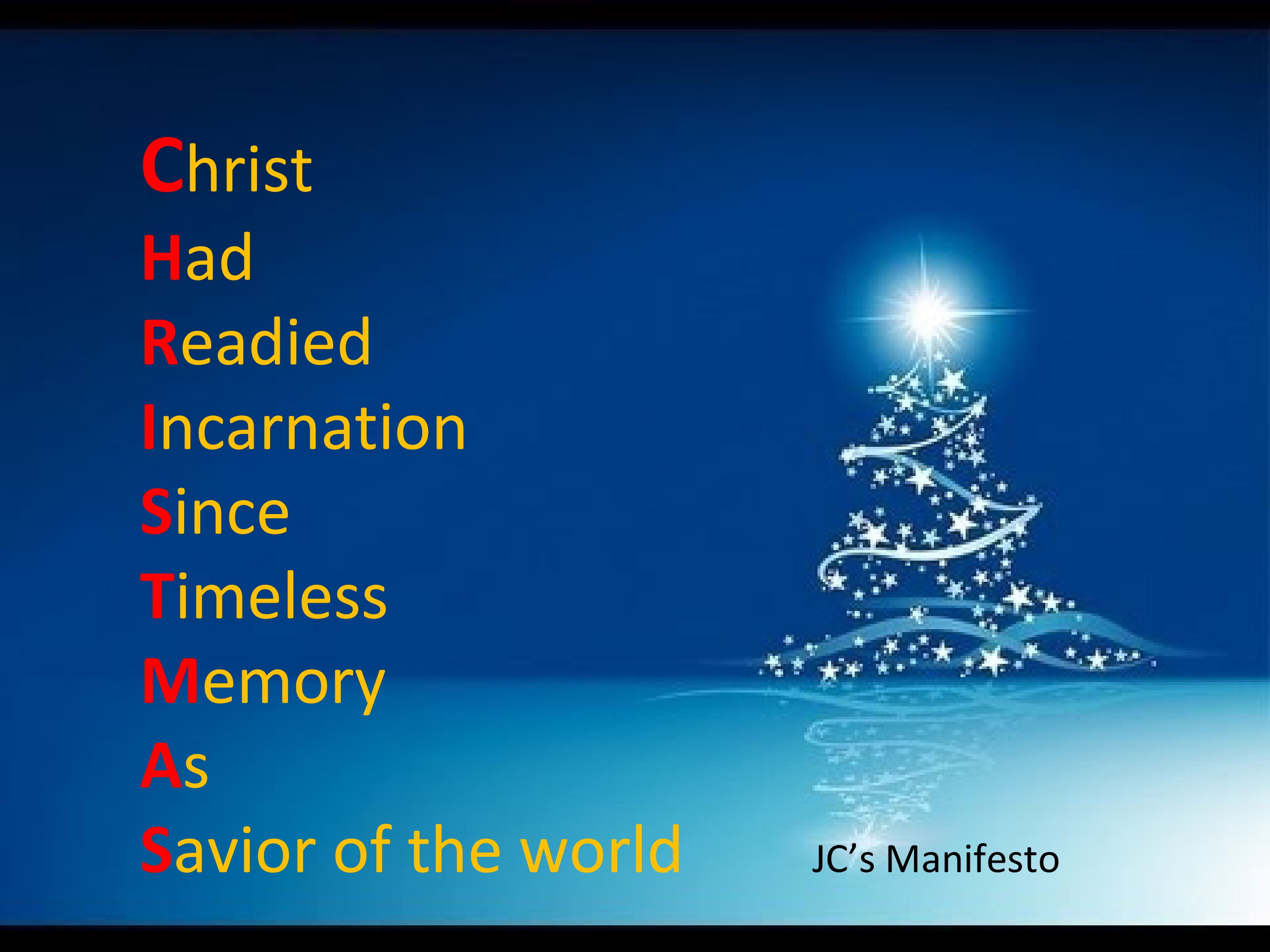
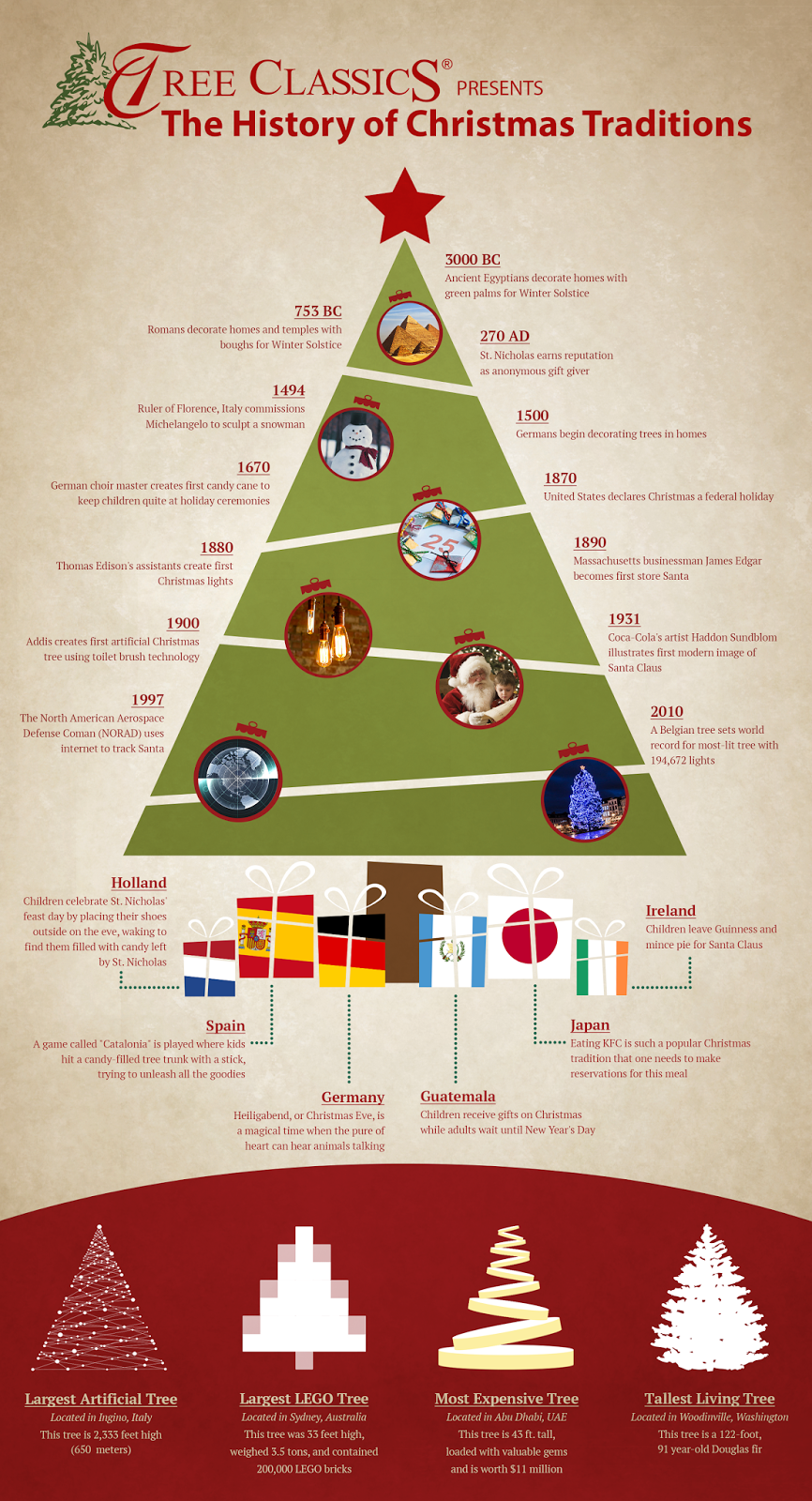
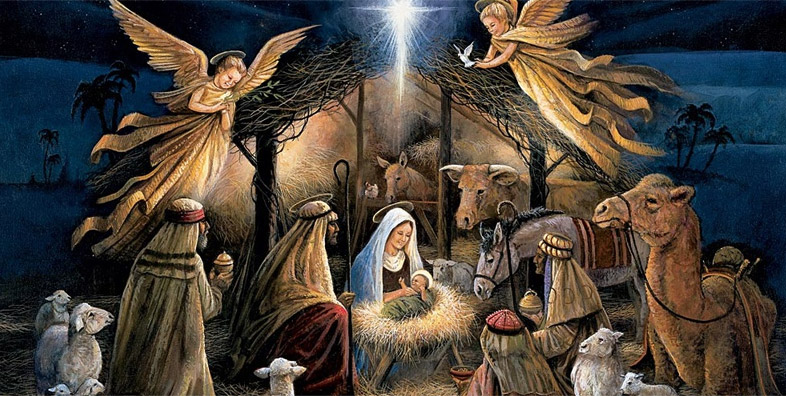

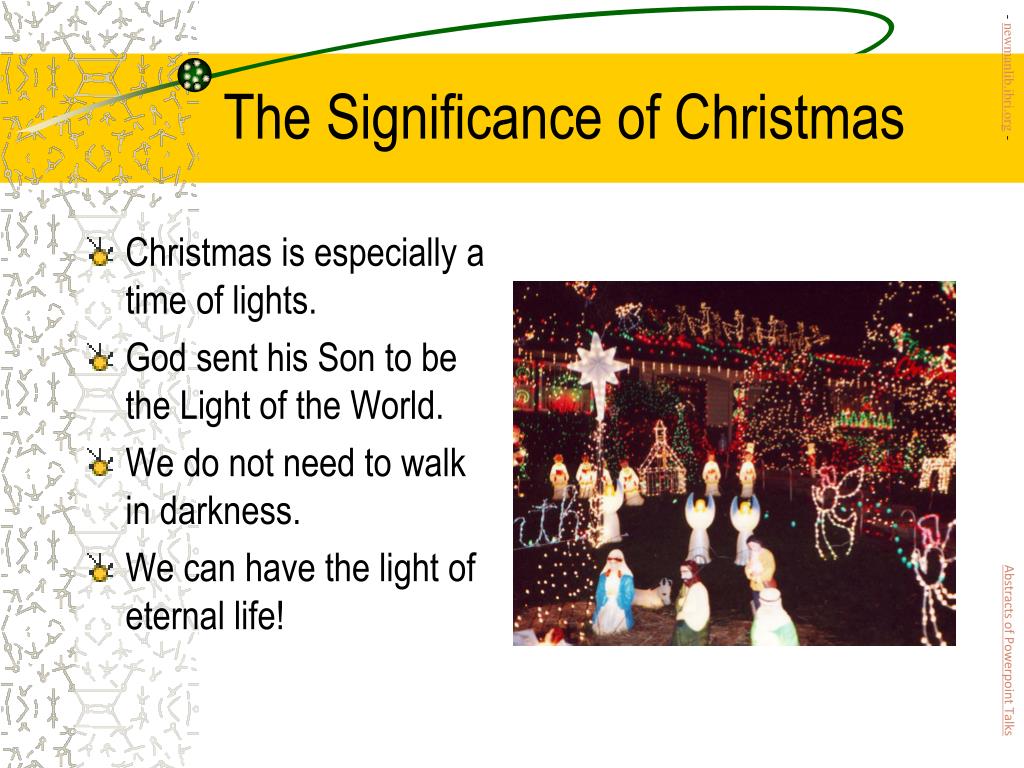

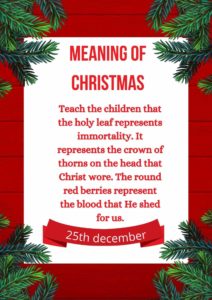

Closure
Thus, we hope this article has provided valuable insights into The Enduring Significance of Christmas: A Journey Through Meaning and Tradition. We appreciate your attention to our article. See you in our next article!